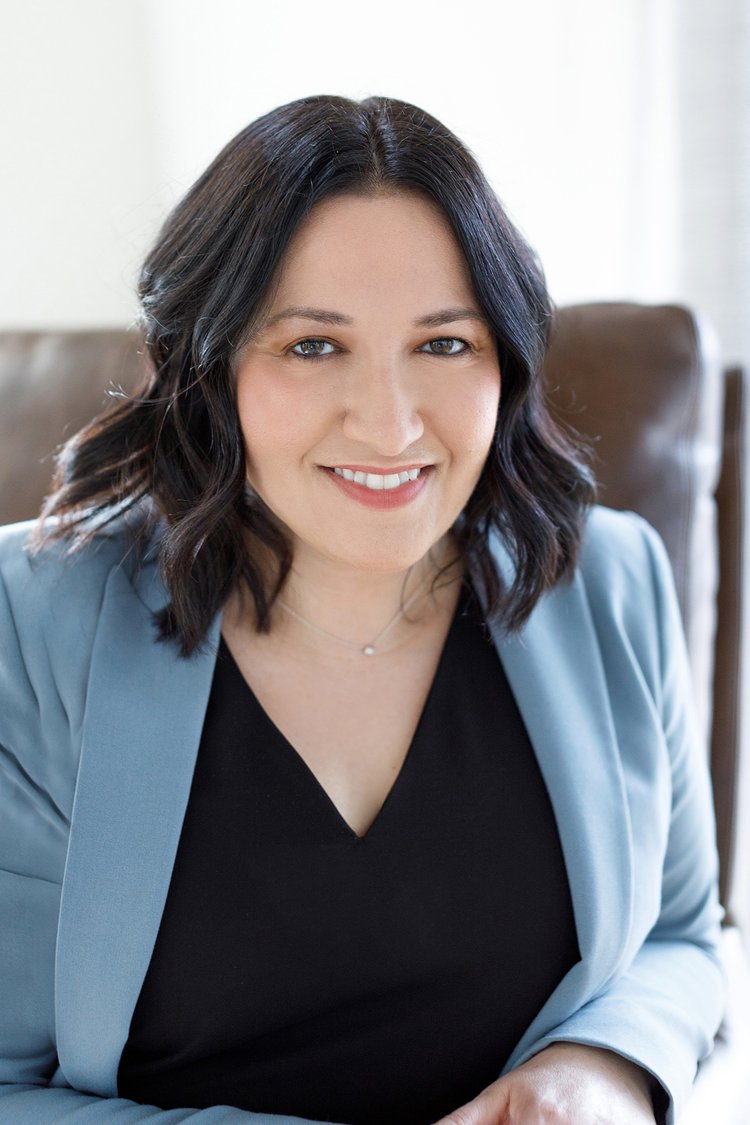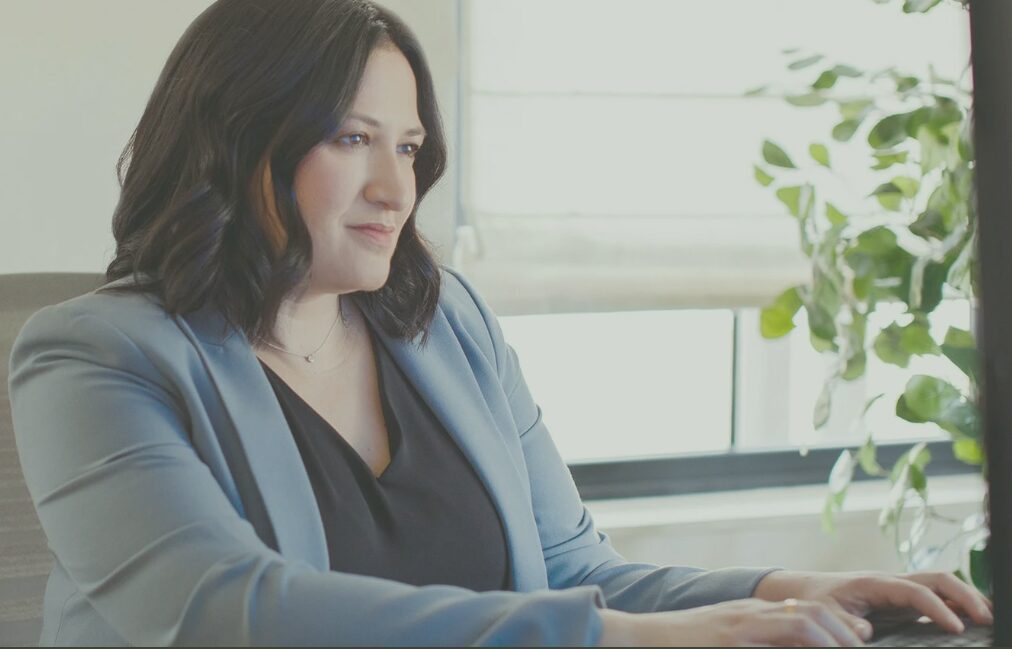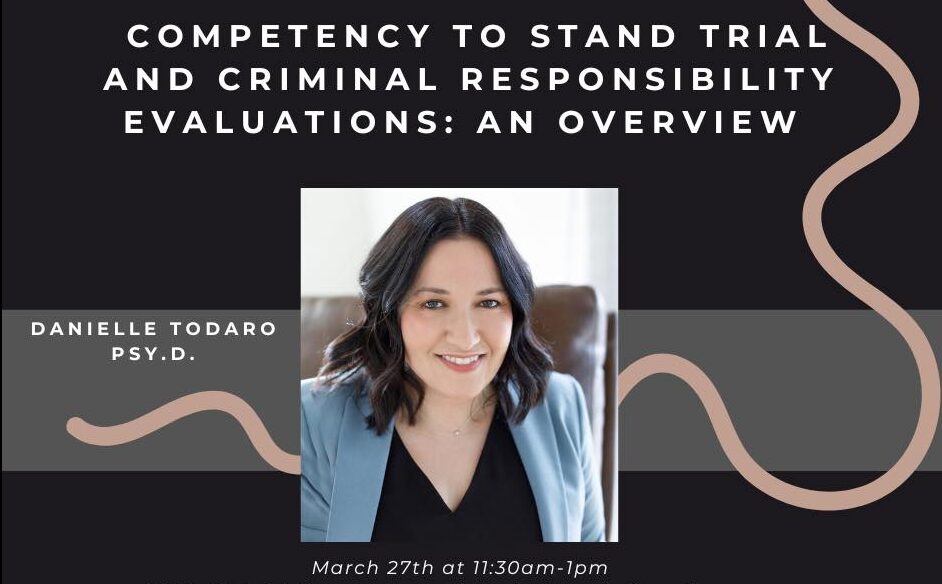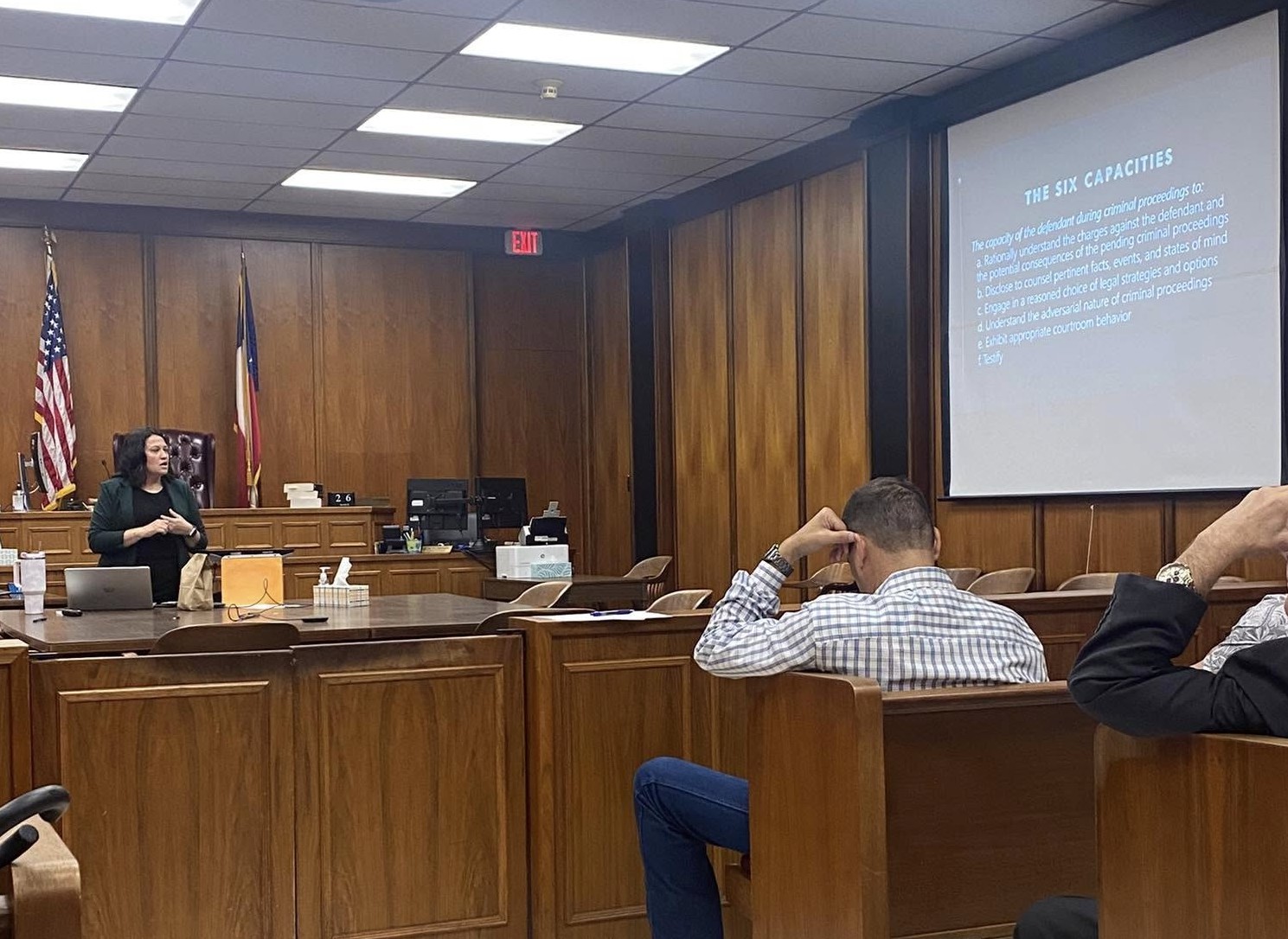

Today we’d like to introduce you to Dr. Danielle Todaro.
Dr. Danielle, we appreciate you taking the time to share your story with us today. Where does your story begin?
While completing my bachelor’s degree in biological sciences, I took a psychology course where guest speakers came to talk to us about their careers in the field. One of those speakers was a psychologist who worked within the prison system and after I heard him speak, I knew I wanted to pursue a career that blended psychology and criminal justice (an area I was always interested in).
After graduating college, I completed and a master’s degree in clinical psychology since I did not have a bachelor’s degree in psychology. I then went on to earn my my doctorate in forensic psychology in 2011.
My predoctoral internship brought me from my home in Los Angeles to Houston. That year, I trained at a juvenile probation department where I conducted psychological evaluations for the courts and provided some therapy services. My post-graduate training was completed at a maximum-security forensic state hospital where I had the opportunity to provide clinical treatment services to adolescent clients and was trained in conducting trial competency evaluations with adult criminal defendants.
In April 2014, I obtained my professional license to practice psychology in the state of Texas. Throughout my career, I have worked in various setting including medium-security prison as well as a juvenile correctional facility. In those roles I provided various clinical services including individual and group psychotherapy, suicide risk assessment, crisis intervention, diagnostic evaluations, and violence risk assessment. In 2015, I began working for a county agency where I conducted various forensic evaluations for both criminal and juvenile courts.
Upon leaving that role after eight years, I opened my own private practice. I am also an adjunct professor at a local university where I assist graduate psychology students in their clinical field work process.
Alright, so let’s dig a little deeper into the story – has it been an easy path overall and if not, what were the challenges you’ve had to overcome?
Nothing in life is smooth. As an undergraduate student, I thought I wanted to pursue medical school and when I realized that was not the right fit, I struggled. Luckily, I started taking some psychology courses and that really opened up a passion for that field in me.
Graduate school is also filled with struggles. After breezing through my master’s, I thought a doctoral program would be easy but it was not; they design it that way. I worked really hard, had lots of late nights, and was exhausted for about four years. In the end, it was worth it.
Getting my license to practice psychology was also tough. The exam is very challenging and the preparation process is long. You have to go through lots of training before you get to that point and in my case, I also had to relocate several times for those experiences. Its the final hurdle before you can practice independently so I believe it is intentionally challenging.
Of course, every day working in the mental health field brings surprises and hurdles, but that is one part of the job I really enjoy at this stage in my career. It has pushed me to grow as a psychologist.
Can you tell our readers more about what you do and what you think sets you apart from others?
I practice in a specialized area of psychology knows as forensic psychology. This is basically an application of psychology and psychological principles to questions and issues within the legal system. In my private practice, I assist both adult criminal courts and juvenile courts through conducting various types of evaluations, typically through a court order from a judge.
The types of evaluations I do include assessing a defendant’s current understanding of their case and legal matters (competency to stand trial); evaluating someone’s state of mind at the time of a criminal offense (sanity); and psychological assessments where I evaluate for any present mental health diagnoses, review a defendant’s history, and make clinical recommendations that perhaps can be used by defense attorneys to aid their client or to assist in the court in their decision-making process. Oftentimes, I have to testify in court as an expert witness in these cases.
In this role, I work very closely with attorneys (both prosecution and defense), judges, law enforcement, and others involved in the criminal justice system. Additionally, I have to collaborate with other mental health providers and treatment facilities. I love the fact that my job allows me to connect with all these different individuals and systems.
The work is challenging, complex, and sometimes can be frustrating. However, I take great pride in the fact that I am assisting the judicial process in my own small way. Additionally, I value that for some individuals I can play a role in getting them connected to the mental health treatment services they need.
I take pride in the work that I do and put all my effort into each case. I take my time, try to gather as much information as I can, and work collaboratively with all the parties involved (which can sometimes be challenging).
What are your plans for the future?
Opening my own private practice in 2023 was a huge step for me. Up to that point, I had always been a government employee so the shift was dramatic. I am not business-minded, so there has been a learning curve, but I have really enjoyed it.
Private practice have given me the flexibility and autonomy that I had been seeking. Being my own boss has been amazing, so my plans for now are just to continue to grow my practice and do the best job I can. Perhaps in the future I may add additional employees but right now I really enjoy being solo.
Contact Info:
- Website: https://linkforensicpsych.com/














